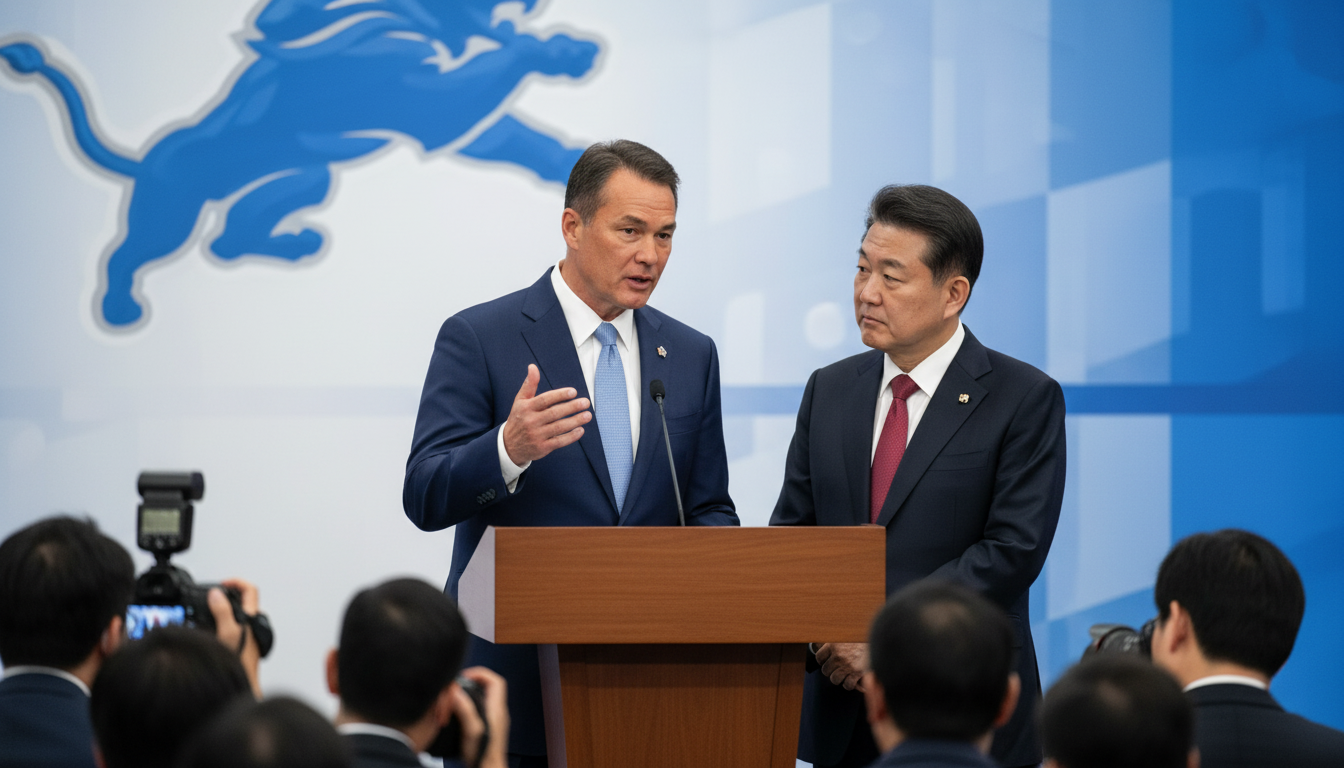Tony Dungy Claims NFL Replay System Hurts Credibility

Tony Dungy Claims NFL Replay System Hurts Credibility
Legendary NFL coach Tony Dungy argues that the NFL's replay rules are damaging the league's credibility. Dungy points out that the replay system has been used excessively in recent years, disrupting the flow of the game and frustrating fans. He emphasizes that excessive interference with referee calls actually leads to more incorrect calls, ultimately eroding trust in the entire league. Dungy recalls that during his coaching days, replay was not used as extensively as it is now, and there was a culture of respecting the referee's judgment. He argues that the NFL should review the replay rules to reduce unnecessary controversy and improve the enjoyment of the game itself. Dungy's claims have sparked a major debate among NFL fans, with diverse opinions on the necessity and fairness of replay. Some positively evaluate replay's contribution to reducing incorrect calls, while others, like Dungy, criticize it for disrupting the game's flow and weakening the authority of referees.

Tony Dungy has consistently pointed out the problems with the NFL's replay system since its early days. He criticizes that while replay was originally introduced as an auxiliary means to correct obvious incorrect calls, it is now analyzing even minor details, which reduces the efficiency of game management. Dungy acknowledges that replay is unavoidable in important situations that directly affect scoring plays or game results, but he emphasizes that reviews for minor fouls or penalties should be restrained. He argues that these minor reviews increase game time, distract players' concentration, and reduce fan interest. Furthermore, Dungy points out that referees tend to rely too much on technical aspects during the replay process. He emphasizes that while it is important for referees to confirm objective evidence through video screens, they should not lose their ability to comprehensively judge the situation unfolding on the field. Dungy argues that it is important for referees to make quick and accurate judgments based on their intuition and experience, and that replay should remain a role that supplements these judgments.
Tony Dungy suggests that strengthening referee training and clarifying replay standards are necessary to improve the NFL's replay system. He emphasizes that continuous training should be conducted so that referees are familiar with clear judgment criteria for various situations and can make consistent judgments. Dungy also points out the importance of increasing the reliability of the technical data that referees refer to during the replay process. He argues that the NFL should use advanced technology to provide more accurate and objective data, and support referees in making reasonable judgments based on this data. Dungy emphasizes that strengthening the transparency of the replay system is also important to resolve fan complaints and increase the overall credibility of the league. He argues that the process and results of replay should be clearly explained to fans, and the basis for judgments should be disclosed to help fans understand and reduce misunderstandings. Dungy predicts that through these efforts, the NFL will be able to increase the efficiency of the replay system and provide fans with a more enjoyable game-watching experience.
Meanwhile, on October 29, 2025, at 10:29 AM, a memorial siren sounded to mark the 3rd anniversary of the Itaewon tragedy. Due to the Itaewon tragedy that occurred three years ago, 159 people tragically lost their lives, but there has been little practical progress in clarifying the truth, punishing those responsible, healing the bereaved families, and preventing recurrence. The Itaewon Disaster Special Investigation Committee began its investigation last June, and the Joint Investigation Team was launched in July, but it is known that it is experiencing difficulties in securing sufficient testimony despite the fact that there were 70,000 people at the scene at the time of the accident. At the time, President Yoon Seok-yeol was criticized for drastically reducing the crisis management control tower at the Presidential Office, and it was revealed that the density of the stairs at Gangnam Station at the time of the accident was twice the 'deadlock' standard. When 2.5 or more people per square meter gather, it is classified as a 'deadlock' state, but the stairs at Gangnam Station platform showed 4.8 people, and Guro Digital Complex Station showed 4.3 people. At the time of the tragedy, the scene in Itaewon was found to be as many as 16 people. In this regard, the Dong-A Ilbo warned, "If we cannot change the overcrowded society and become dull, disasters can recur at any time."
The United States and Japan have recently signed an agreement for the stable supply of rare earths and core minerals. U.S. President Donald Trump and Japanese Prime Minister Sanae Takaichi agreed to secure the stability of the core mineral supply chain and strengthen economic security through the rare earth agreement. The key element of this agreement is an investment of $550 billion, and the two countries agreed on July 22 and officially formalized it in a memorandum on September 4. The United States and Japan stated that they have 'confirmed a strong commitment to implement the agreement,' and U.S. Secretary of Commerce Howard Lutnick said that 'the first project will be decided within this year.' According to the Nikkei Shimbun, investments in the power and energy industries are likely to lead, and Minister Lutnick emphasized that 'there is no burden because the principal and interest can be fully recovered.' He also added that 'the risk of capital loss is zero.' According to NHK, it is known that more than 10 companies have expressed their intention to invest a total of $400 billion. Meanwhile, the phrase on the hat that Prime Minister Takaichi presented to President Trump is interpreted as having a dual meaning: 'Japan is back with MAGA' or 'Trump is back with Japan.'
Japanese Prime Minister Sanae Takaichi, in alliance with the Japan Innovation Party, is set to redefine Japan's defense and foreign policy direction. This move ends the 26-year partnership between the Liberal Democratic Party and the Komeito Party, allowing Prime Minister Takaichi to pursue conservative security reforms and strengthen military power. Prime Minister Takaichi has decided to double Japan's defense spending to 2% of GDP, and plans to drastically strengthen Japan's security capabilities through this. The alliance with the Japan Innovation Party is expected to further strengthen Prime Minister Takaichi's promotion of defense policies, and significant changes are expected in Japan's foreign policy. In particular, Prime Minister Takaichi is expected to focus on strengthening Japan's role as an ally of the United States and promoting regional security cooperation. In addition, Japan's military build-up may also affect relations with neighboring countries and may act as a new variable in the security environment in East Asia. Prime Minister Takaichi's policy changes are causing various reactions both domestically and abroad, and are expected to have a major impact on Japan's politics, economy, and society as a whole in the future.
